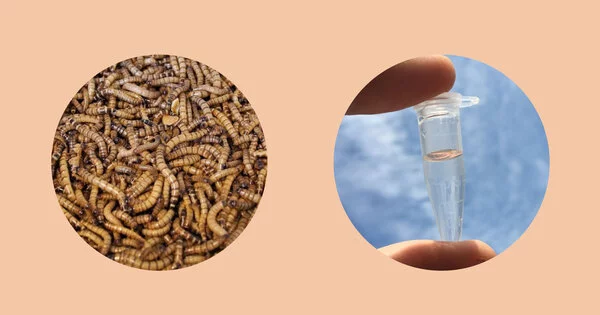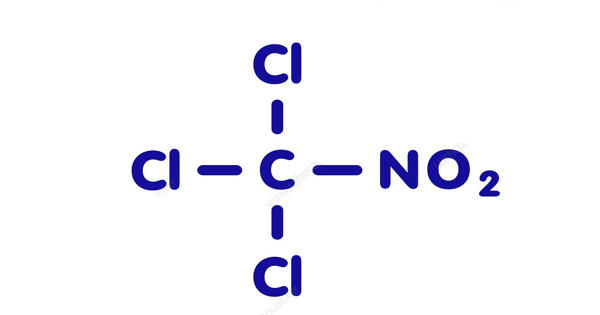Helminthic therapy, an experimental type of immunotherapy, is the deliberate infestation with a helminth or its eggs to treat autoimmune diseases and immune disorders. It is also known as worm therapy because it involves the controlled use of parasitic worms (helminths) to modulate the immune system and potentially treat certain autoimmune or inflammatory conditions.
Helminths are parasitic worms such as hookworms, whipworms, and threadworms that have evolved to live within a host organism on which they rely for nutrients. These worms belong to two phyla: nematodes, which are primarily used in human helminthic therapy, and flat worms (trematodes).
The hygiene hypothesis suggests that the modern, sanitized environment may contribute to an increase in autoimmune diseases and allergies by depriving the immune system of exposure to certain microorganisms, including parasitic worms. Helminthic therapy is based on this hypothesis.
Helminthic therapy involves the patient being inoculated with parasitic intestinal nematodes (or other helminths). Trichuris suis ova, also known as pig whipworm eggs; Necator americanus ova, also known as hookworms; Trichuris trichiura ova, also known as human whipworm eggs; and Hymenolepis diminuta, also known as rat tapeworm cysticerci, are currently being studied for their potential use as treatments.
Various parasitic worms, including helminths such as Trichuris suis (whipworm), Necator americanus (hookworm), and others, have been studied for their potential therapeutic effects. To avoid detection and expulsion, these worms have evolved to survive in the human body and have developed mechanisms to modulate the host’s immune response.
The presence of these worms in the body may stimulate regulatory pathways in the immune system, leading to a dampened inflammatory response, according to the proposed mechanism of helminthic therapy. This immune system modulation may be beneficial for people suffering from autoimmune or inflammatory conditions in which the immune system is overactive.
People interested in helminthic therapy should consult with qualified healthcare professionals and, if available, participate in clinical trials, as self-administration of such therapies can be dangerous. Before considering any potential treatments or interventions for a specific medical condition, always consult with a healthcare provider.
















